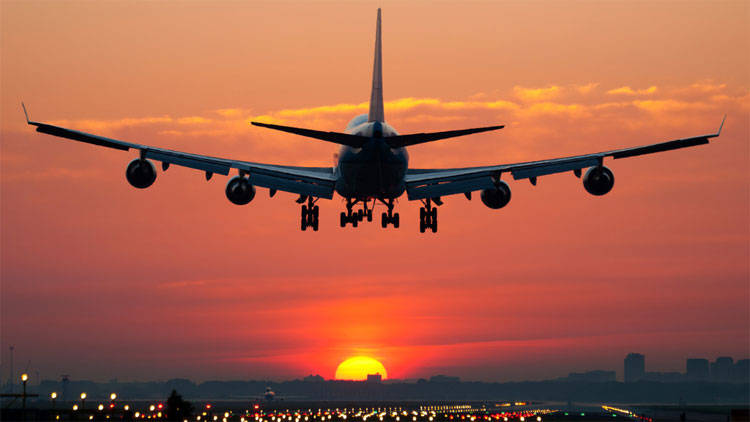Emirates, Air India, All Nippon Airways, Japan Airlines and Lufthansa all announced service cuts
citing the issue.
Emirates said it would suspend flights into nine US airports: Boston, Chicago O'Hare, Dallas Fort Worth, George Bush Intercontinental in Houston, Miami, Newark, Orlando, San Francisco and Seattle. It said it would continue flying into New York's John F. Kennedy airport, Los Angeles International and Washington Dulles.
"We are working closely with aircraft manufacturers and the relevant authorities to alleviate operational concerns, and we hope to resume our US services as soon as possible," Emirates
said in its statement.
Air India said it would suspend service between Delhi and San Francisco, Chicago and JFK. It will also suspend a Mumbai to Newark flight. It will continue to fly into Washington Dulles.
Both ANA and Japan Airlines said they canceled some flights to the United States scheduled to use Boeing 777 aircraft, but will operate some flights using Boeing 787s instead.
Germany's Lufthansa canceled a flight between Frankfurt and Miami. It said it would swap Boeing 747-8 aircraft for 747-400s on flights from Frankfurt to Los Angeles, Chicago and San Francisco.
Delta Air Lines (DAL) said it is planning for the possibility of weather-related cancellations as early as Wednesday due to the new 5G service in the vicinity of dozens of US airports.
Transportation regulators had already been concerned that the version of 5G that was scheduled to be switched on could interfere with some airplane instruments, and many aviation industry groups shared those fears — despite reassurances from federal telecom regulators and wireless carriers.
Specifically, the Federal Aviation Administration has been worried that 5G cellular antennas near some airports — not air travelers' mobile devices — could throw off readings from some aircraft equipment designed to tell pilots how far they are from the ground. Those systems, known as radar altimeters, are used throughout a flight and are considered critical equipment. (Radar altimeters differ from standard altimeters, which rely on air pressure readings and do not use radio signals to gauge altitude.)
In December, the FAA
issued an urgent order forbidding pilots from using the potentially affected altimeters around airports where low-visibility conditions would otherwise require them. That new rule could keep planes from getting to some airports in certain circumstances, because pilots would be unable to land using instruments alone.
AT&T, which owns CNN's parent company, and Verizon both announced Tuesday that they would delay activating 5G on some towers around certain airports. The wireless technology's rollout near major airports had been
scheduled for Wednesday.
"We are frustrated by the FAA's inability to do what nearly 40 countries have done, which is to safely deploy 5G technology without disrupting aviation services, and we urge it do so in a timely manner," Megan Ketterer, a spokesperson for AT&T, said.
The
Biden administration welcomed the delay, saying in a
statement that the "agreement will avoid potentially devastating disruptions to passenger travel, cargo operations, and our economic recovery, while allowing more than 90% of wireless tower deployment to occur as scheduled."
Airlines also praised the move.
"While this is a positive development toward preventing widespread disruptions to flight operations, some flight restrictions may remain," Delta said in
a statement.
In a Tuesday letter, CEOs from 10 airlines told the Biden administration to push back the already-delayed rollout. Airlines estimate 1,000 flight disruptions per day because of possible interference with radar altimeters that pilots use to land in low visibility conditions. The telecom industry has not commented on the letter, but has said fears are unfounded since there have not been problems in other countries where 5G is already deployed.
